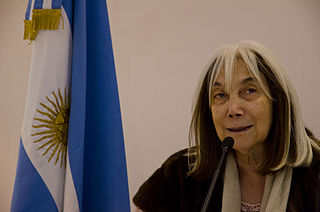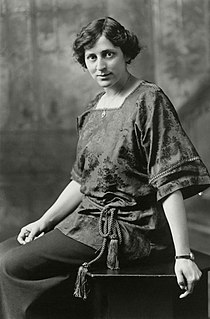A Quote by Walter Gropius
If we investigate the vague feelings of the average man towards the arts, we find that he is timid and that he has developed a humble belief that art is something which has been invented centuries ago in countries like Greece or Italy and that all we can do about it is study it carefully and apply it.
Related Quotes
We should recall that during the Second World War and the Great Depression there was an upsurge in popular, radical democracy. In all over the world. It took different forms, but it was there, everywhere. In Greece it was in the Greek revolution, and so on. And it had to be crushed. In countries like Greece, it was crushed by violence. In countries like Italy, where the US forces entered in 1943, it was crushed by attacking and destroying the anti-German partisans and restoring the traditional order.
Telling stories with visuals is an ancient art. We've been drawing pictures on cave walls for centuries. It's like what they say about the perfect picture book. The art and the text stand alone, but together, they create something even better. Kids who need to can grab onto those graphic elements and find their way into the story.
The Lawyers' trade is a trade built entirely on words. And so long as the lawyers carefully keep to themselves the key to what those words mean, the only way the average man can find out what is going on is to become a lawyer, or at least to study law, himself. All of which makes it very nice -- and very secure -- for the lawyers.
If it were possible to transfer the methods of physical or of biological science directly to the study of man, the transfer would long ago have been made ... We have failed not for lack of hypotheses which equate man with the rest of the universe, but for lack of a hypothesis (short of animism) which provides for the peculiar divergence of man ... Let me now state my belief that the peculiar factor in man which forbids our explaining his actions upon the ordinary plane of biology is a highly specialized and unstable biological complex, and that this factor is none other than language.
The process of philosophizing, to my mind, consists mainly in passing from those obvious, vague, ambiguous things, that we feel quite sure of, to something precise, clear, definite, which by reflection and analysis we find is involved in the vague thing that we start from, and is, so to speak, the real truth of which that vague thing is a sort of shadow.
If photography is allowed to stand in for art in some of its functions it will soon supplant or corrupt it completely thanks to the natural support it will find in the stupidity of the multitude. It must return to its real task, which is to be the servant of the sciences and the arts, but the very humble servant, like printing and shorthand which have neither created nor supplanted literature.
The truths which are represented in England and Western countries generally, are those which refer to force of character, earnestness of purpose, conscientious strictness, noble charity, practical duty, whilst the truths which I find peculiarly developed in India - developed to a greater extent than anywhere else, - and in the Eastern countries generally, are those which have reference to sweetness of communion, sweetness of temper, meekness and resignation unto God.
The refining influence is the study of art, which is the science of beauty; and I find that every man values every scrap of knowledge in art, every observation of his own in it, every hint he has caught from another. For the laws of beauty are the beauty of beauty, and give the mind the same or a higher joy than the sight of it gives the senses. The study of art is of high value to the growth of the intellect.







































